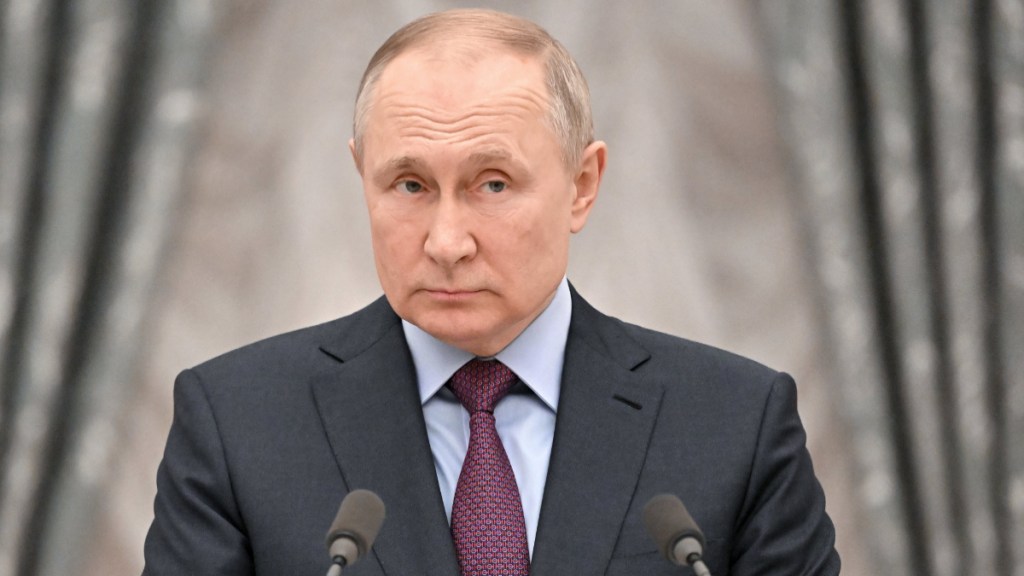Kazakh President Kassym-Jomart Tokayev, during his visit to Berlin to meet German Chancellor Olaf Scholz, last week announced that Kazakhstan would not help Russia circumvent Western sanctions. Some Western media and experts interpreted this statement as a change in Kazakhstan’s policy towards Russia.
However, a nuanced and a granular explanation presents a different picture. “From the very beginning, Kazakhstan has sought to maintain a neutral policy towards the Russia-Ukraine war,” Prof Rajan Kumar, School of International Studies, JNU to Financial Express Online.
According to Prof Rajan, “It offered to negotiate between the two sides. It refused to take a side in the war. There is a concern that it might face a similar situation in future. Nonetheless, Kazakhstan is aware of the constraints of its foreign policy emanating out of its messy domestic politics and external volatile environment.”
Kazakhstan & Russia
It has strong bilateral and multilateral ties with Russia because of historical reasons. Most of its oil and gas pipelines are still connected with Russian pipelines. It has a sizable Russian minority and shares a long border of 7500 kilometers. “In addition, it is a member of the Eurasian Economic Union and the Collective Security Treaty Organisation where Russia is the dominant player,” says Prof Rajan.
Therefore, it would be naïve to expect that Kazakhstan would break its ties with Russia and join Western sanctions.
Significance of President Tokayev statement
Tokayev’s statement of not violating Western sanction is an attempt to assure the West that Kazakhstan will not become a transit territory for rerouting products to Russia. According to Prof Rajan, “Western countries believe that most of the Central States have become transit territories for supplying dual use technology to Russia.”
European Bank for Reconstruction and Development (EBRD) estimated sometime back those Western exports to Kazakhstan almost doubled in 2022 and a significant amount of it was re-exported to Russia. The West was mulling the possibility of imposing secondary sanctions on Kazakh banks and businesses. Further, Kazakhstan wants to export oil and gas to Germany and other European countries. Therefore, “his statement should be seen as an attempt to save Kazakh business from Western sanctions. It may also be seen as an attempt to diversify its foreign policy which is heavily dependent on Russia and China,” opines the JNU professor.

